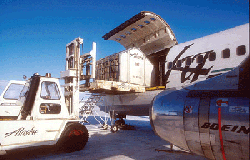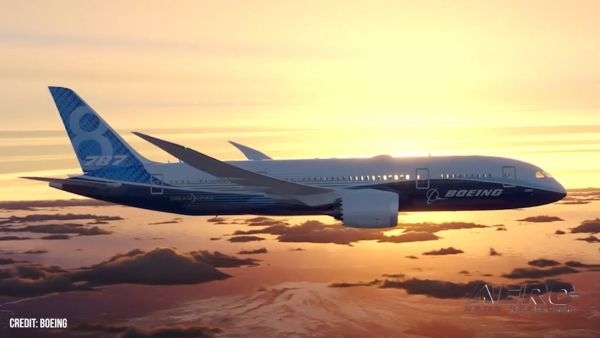Sun, Nov 02, 2008
Advertisement
More News
 Lockheed Hands Over Completed Artemis II Spacecraft
Lockheed Hands Over Completed Artemis II Spacecraft
NASA Takes in Orion, Begins Launch Processing for a Crewed Mission Aerospace giant Lockheed Martin recently turned in its share of the Artemis II venture, delivering its Orion spac>[...]
 NTSB Final Report: Pulsar Super Pulsar
NTSB Final Report: Pulsar Super Pulsar
During The Forced Landing, The Airplane Landed Short Of The Runway And Left Of The Runway Centerline Analysis: The pilot reported that, during the initial climb, the engine lost pa>[...]
 Classic Aero-TV: Van Horn Rotor Blades -- Tail Rotor Replacements For Bell's 206
Classic Aero-TV: Van Horn Rotor Blades -- Tail Rotor Replacements For Bell's 206
From 2010 (YouTube Edition): Company Pioneers Alternatives For Bell 206 TR Blades The approved part replacement business can be a tough one... especially when you're competing with>[...]
 ANN's Daily Aero-Term (05.02.25): Obstacle
ANN's Daily Aero-Term (05.02.25): Obstacle
Obstacle An existing object, object of natural growth, or terrain at a fixed geographical location or which may be expected at a fixed location within a prescribed area with refere>[...]
 Aero-News: Quote of the Day (05.02.25)
Aero-News: Quote of the Day (05.02.25)
“NATA’s 3,700 member companies operate at nearly 4,500 airports in thousands of communities across the nation, providing air transportation services, driving economic g>[...]
blog comments powered by Disqus




